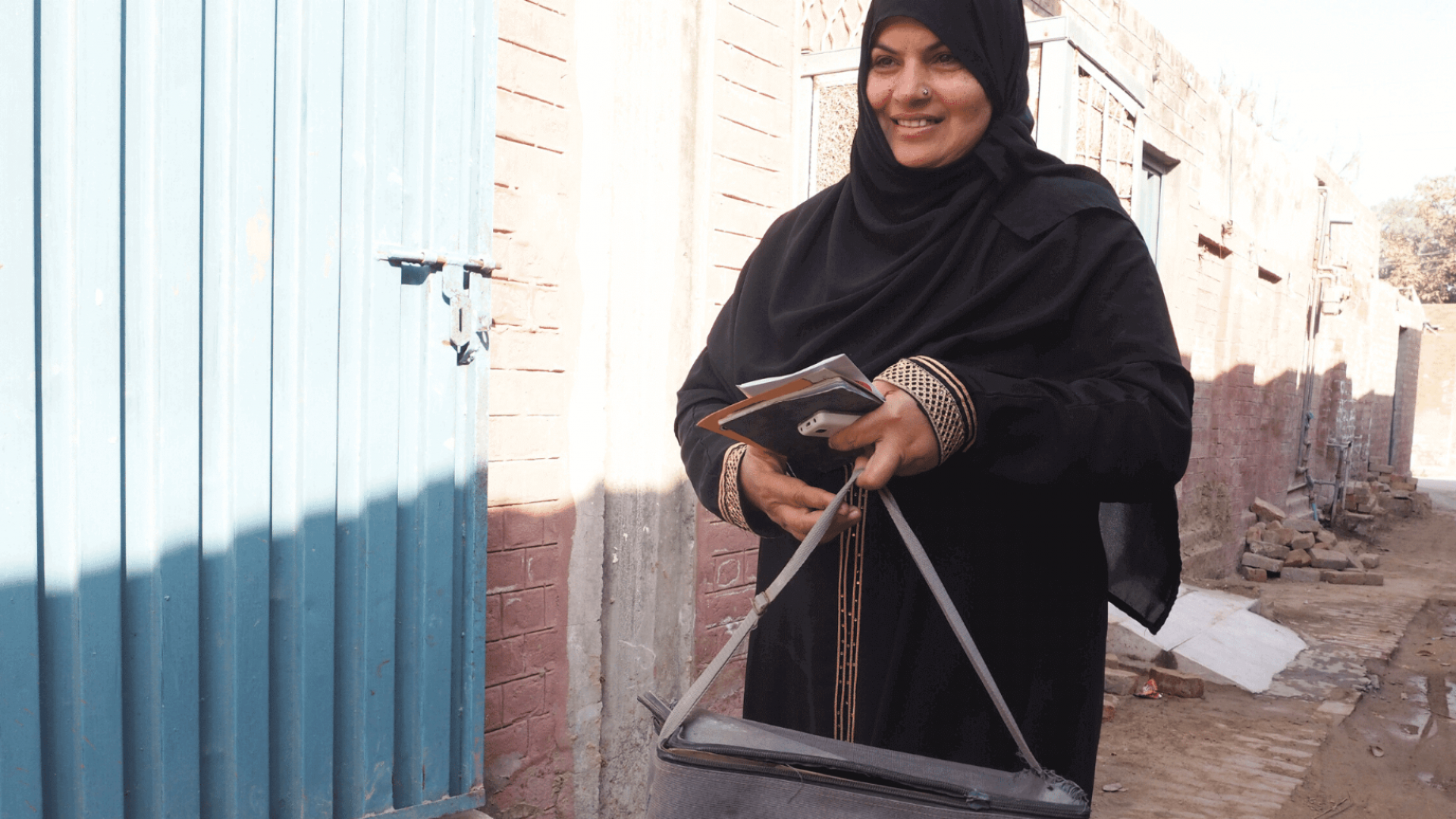To raise enrolment, academic performance and prevent students’ withdrawals from public schools, the government of Chile delegated the Ministry of Education (MoE) to implement the national school health programme that includes nutrition, vision, hearing, oral and mental health.1 The programme has been financed by the annual national general budget for more than two decades.2 The programme produces health care protocols and guidelines 3 aligned with the national health strategies.4-6 Each municipality has a programme coordinator organizing health promotion and prevention, each school coordinates detection and referrals to public and private health services contracted by tender by the MoE.1,2
The school health program uses the integrated people-centred health services approach, engaging the school community by delivering effective health education and empowerment of teachers, parents, and students. Services for detection and referrals of vision impairment and other eye diseases are provided in most public schools in remote areas in all districts and there is no financial burden for the low-income people.
In 2019, the MoE information system reported 111,712 students at 1st and 5th grades had a visual screening, 117,530 spectacles were provided, and 387 children with low vision received aids and rehabilitation. The compliance with spectacle wear in school children is greater than studies in other parts of the world.7,8 The school community commitment with the health program is high and reports a good perception of access and quality of health services.9
In Chile, the school health program led by the MoE, brought eye care to the schools together with other health interventions to improve child development and life trajectories. The health care whole-of-government approach secured financial sustainability, commitment, and engagement by all sectors and recognizes people as participants and beneficiaries of these services.
- Junta Nacional de Auxilio (JUNAEB) Ministerio de Educación. Junaeb celebra los 25 años de servicios médicos. 2017. https://www.junaeb.cl/archivos/30120 (accessed January 20th 2020.
- Ministerio de Educación de Chile. Ley de Presupuestos año 2019 N°21.125; 2019.
- Ministerio de Educación de Chile. Programa Salud Del Estudiante. Normas de Control de Patologías Oftalmológicas. Santiago do Chile; 2017.
- Ministerio de Salud de Chile. Estrategia Nacional De Salud 2011-2020. Santiago do Chile; 2011.
- Ministerio de Salud de Chile. Resolución 1232. Programa piloto de control de salud del niño y la niña sano/a en el establecimiento educacional para la población escolar de 5 a 9 año. Santiago do Chile; 2014.
- Ministerio de Salud de Chile. Norma Técnica para la supervisión de niños y niñas de 0 a 9 años en la Atención Primaria de Salud Programa Nacional de Salud de la Infancia. Santiago do Chile; 2014.
- Barria F, Conte F, Muñoz S, Leasher JL, Silva JC. Prevalence of refractive error and spectacle coverage in schoolchildren in two urban areas of Chile. Rev Panam Salud Publica 2018; 42: e61.
- von-Bischhoffshausen FB, Muñoz B, Riquelme A, Ormeño MJ, Silva JC. Spectacle-wear compliance in school children in Concepción Chile. Ophthalmic Epidemiol 2014; 21(6): 362-9.
- Junta Nacional de Auxilio (JUNAEB) Ministerio de Educación. Informe final “Estudio cualitativo sobre la percepción de los usuarios directos e indirectos respecto de la entrega de los beneficios de los programas del departamento de salud del estudiante de JUNAEB”. 2015. https://www.junaeb.cl/wp-content/uploads/2018/09/Estudio-de-percepci%C3%B3n-de-usuarios-Programas-Salud-del-Estudiante-JUNAEB-2015-.pdf

